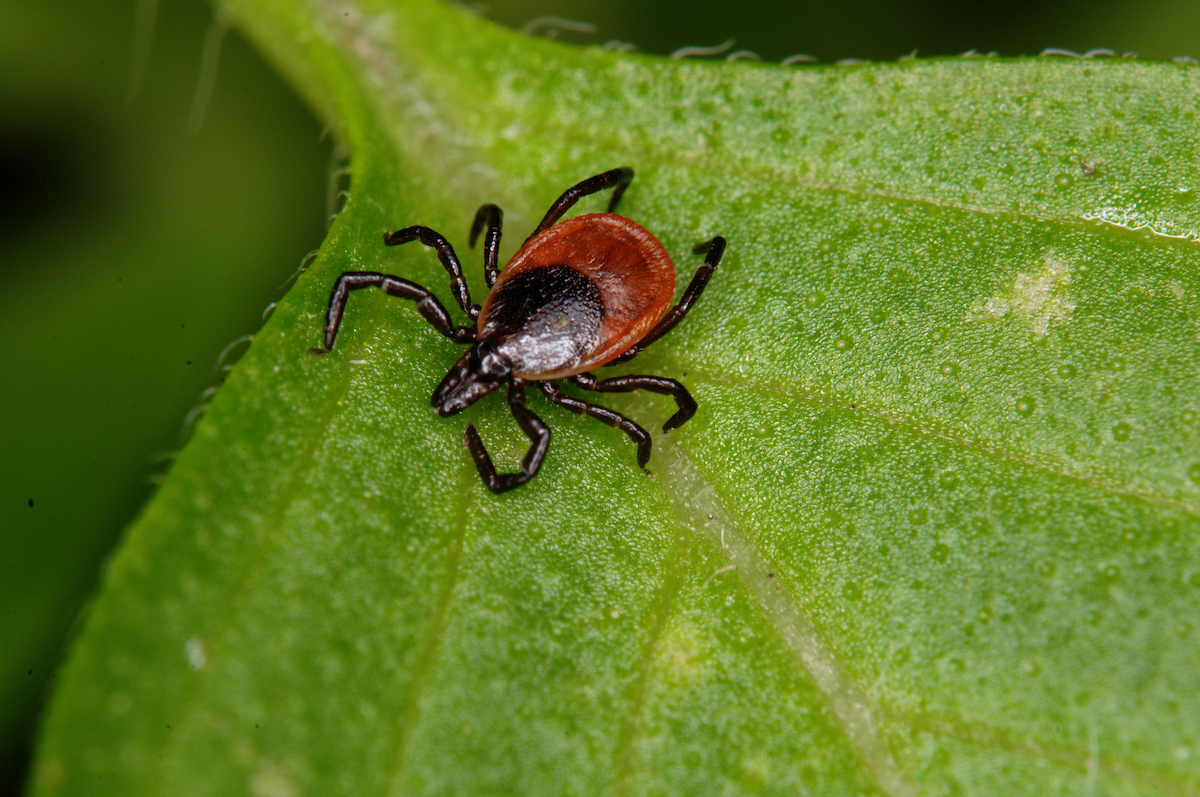
SHARE THIS ARTICLE:
Surveillance of Ticks: New Bb Findings in South Dakota
Most southwestern detection of Borrelia burgdorferi pathogen in the midwestern US to date.

In a recently published article, researchers present their findings of tick surveillance surveys conducted in summer of 2019. Surveys focused on the eastern counties of the state where 266 ticks were collected and 3 species were identified. Twenty two Ixodes scapularis were collected from 5 locations, confirming the established population of this species in South Dakota. Twenty one I. scapularis were tested, and Borrelia burgdorferi was detected in 2 adult ticks from two different sites. One of the ticks from Lincoln County represents the most southwestern detection of this pathogen in the midwestern US to date. The most commonly collected tick was Dermacentor variabilis (American dog tick), which was found in all counties surveyed. In addition, 15 Amblyomma americanum (Lonestar ticks) were collected from 3 different locations providing evidence of established populations in the state for the first time. This finding also expands the known distribution range of the Lonestar tick. Authors present that although habitats in eastern South Dakota are considered “suboptimal,” results of this study indicate that both I. scapularis and A. americanum are undergoing range expansions into South Dakota. They believe that factors such as climate change and the migration of host wildlife species, such as mice and deer, from neighboring regions could all contribute to this movement, but that other factors have yet to be determined. Authors present several new findings from their study that demonstrate the need to improve monitoring for ticks and tick-borne pathogens in eastern South Dakota and the surrounding region.
Note: This work was funded in part by a grant from the Lyme Disease Association.
For More Information
View Additional Articles on Tick Surveillance
View list of all Publications from LDA-Funded Research





